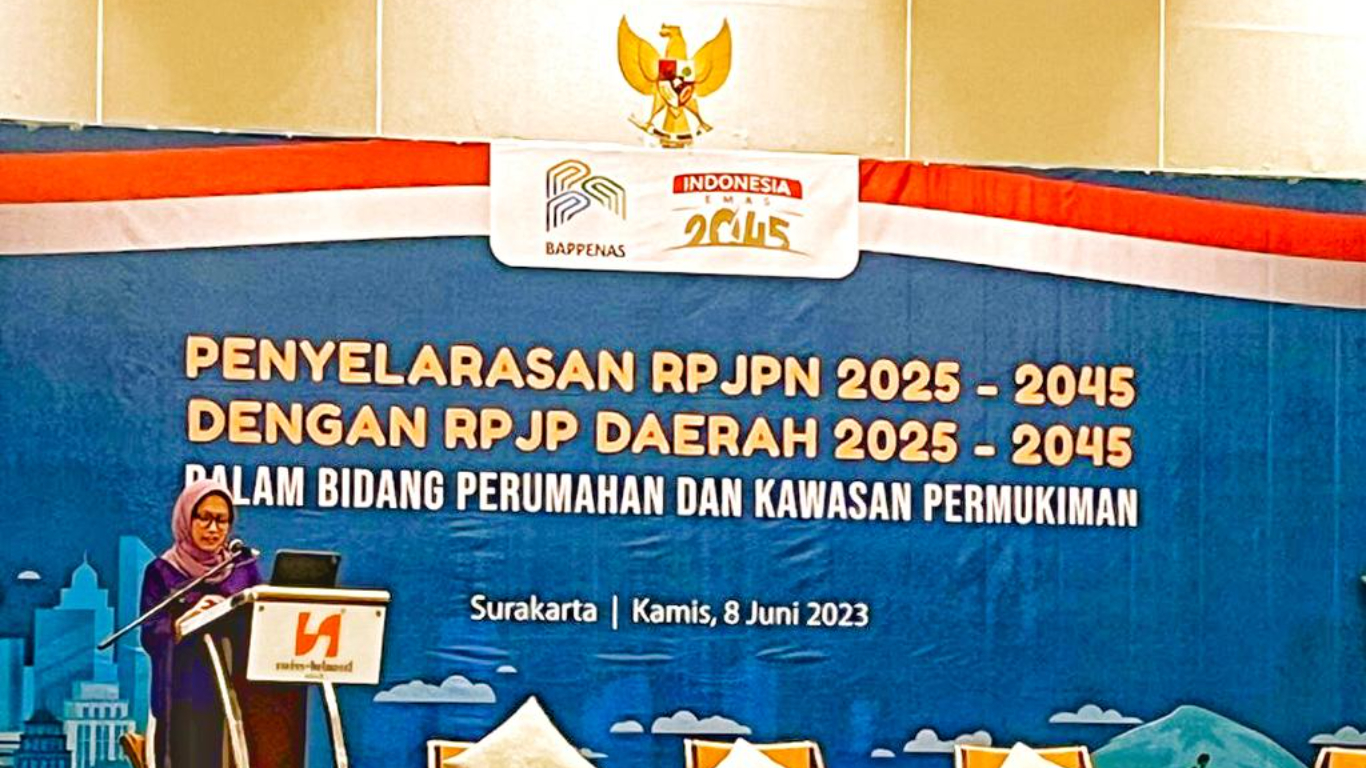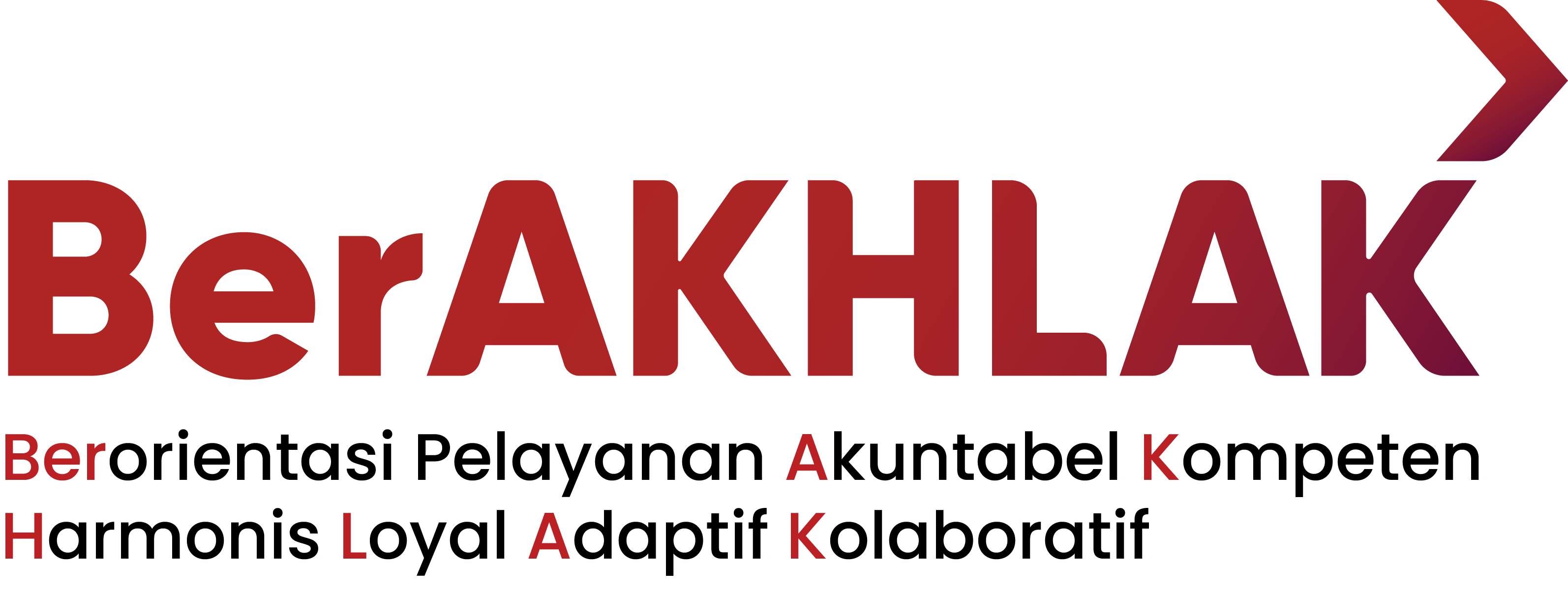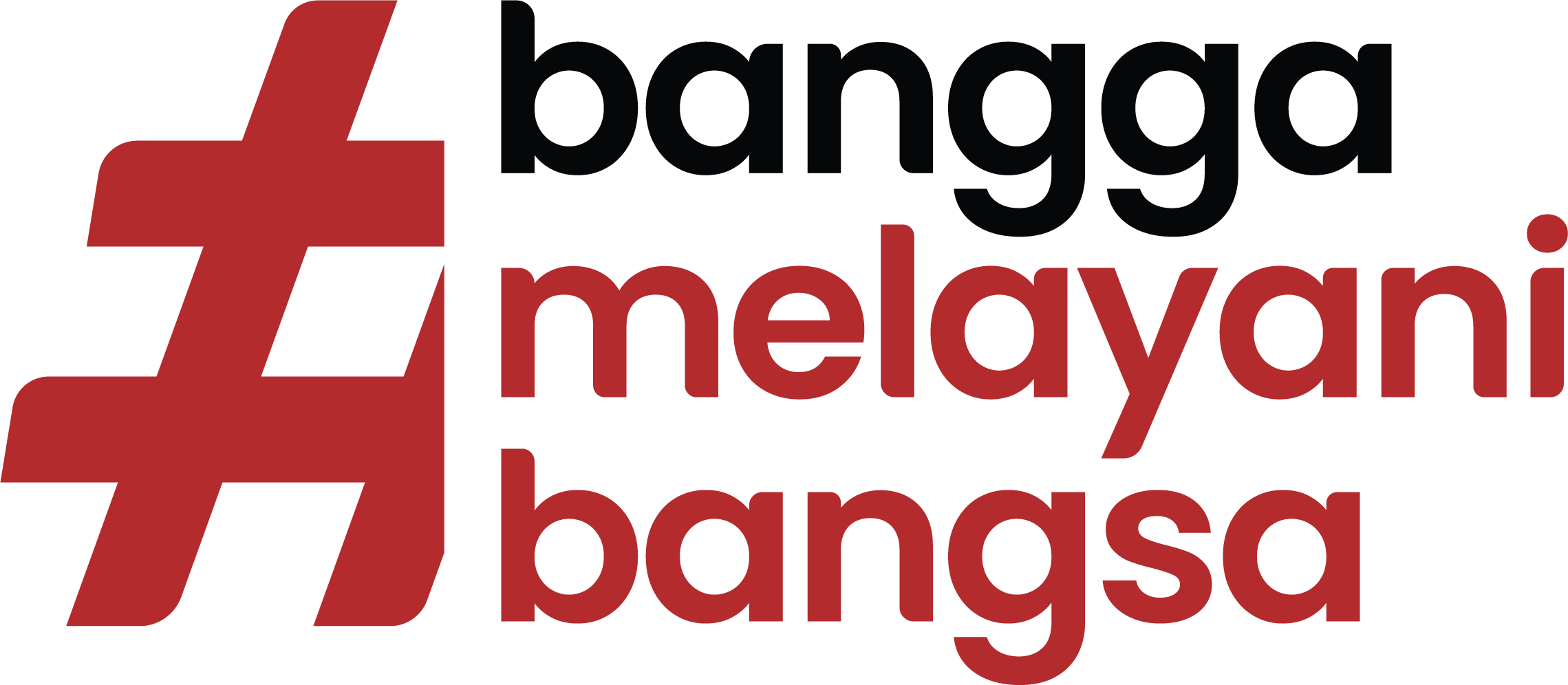Bappenas Welcomes Public Input on Sustainable Housing and Settlement Plans for 2045
Development News - Tue, 30 May 2023

To help gather public input on the drafting of the 2025-2045 National Long-Term Development Plan’s (RPJPN) housing and settlements category, the Ministry of National Development Planning/Bappenas held the ‘Inputs on the Development Direction of the Housing Sector and Residential Areas to Achieve the Indonesia 2045 Vision’ public consultation forum on Monday (29/5).
To achieve the Indonesia 2045 Vision, improving the quality of human resources, environmental resilience, economic cost efficiency, and productivity must be done and achieved optimally within all areas of Indonesia. The adequate provision of basic housing and settlement infrastructures is especially considered a prerequisite for achieving the vision.
“The momentum for preparing this RPJPN, we want to emphasize that reform is not enough because if we want to achieve the Indonesia 2045 Vision, transformative efforts are needed and therefore, major overhauls need to be performed,” Bappenas’ Director of Housing and Settlement Areas Tri Dewi Virgiyanti explained.
The Public Consultation Forum focuses on development issues, both national and regional, as well as strategic policy directions, and possible transformative efforts. In accordance with the direction of the Minister of National Development Planning/Head of Bappenas Suharso Monoarfa, all planning documents must converge with the 2025-2045 RPJPN for the sake of consistency between the central government and regional governments.
Currently, Indonesia is working to ensure that basic infrastructure conditions such as access to livable houses, safe drinking water, piped drinking water, sanitation, waste management, and human waste disposal facilities are able to meet the targets set for 2024. “We see these goals as part of our homework. Not just for the central government, but also for regional governments, the private sector, academic sector, development partners, and communities,” Virgi said.
In addition to infrastructural needs, developing safe and sustainable housing and settlement areas also requires the readiness and participation of five key pillars: communities (demand creation), institutions (capacity of governments to execute the targets), policies and regulations, infrastructural integration, and technical readiness.


